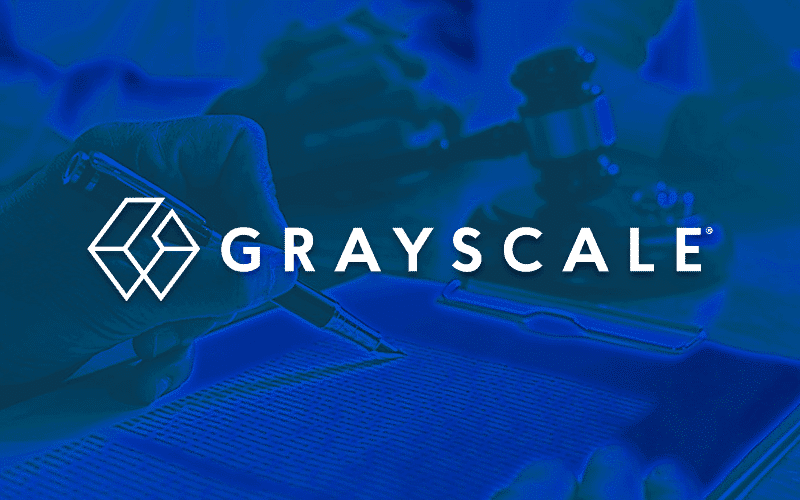The largest digital asset manager in the world, Grayscale’s chief legal officer, Craig Salm, reveals that Grayscale Bitcoin ETF litigation might take from one to two years.
Just last month, Grayscale filed a lawsuit against SEC over Bitcoin ETF rejection. Craig Salm made the statement about the litigation while discussing this legal issue with the SEC.
Within one hour of receiving the SEC’s ruling, Grayscale began the legal procedure by submitting the Petition for Review.
The litigation process has several phases, “including briefings, the selection of judges, oral arguments, and the final decision.”
But because Grayscale is suing a federal organization, they get to skip the district court stage and go straight to the appeal court stage. This is significant since it reduces the amount of time needed to reach a verdict.
Grayscale may either ask Congress to modify the law, go to court, or do nothing when a market participant like them disagrees with how the SEC is enforcing laws that would allow GBTC to convert to a spot Bitcoin ETF.
SEC’s denial makes a distinction between spot Bitcoin ETFs and Bitcoin futures ETFs because it thinks the Chicago Mercantile Platform (CME), the exchange where Bitcoin futures trade, has adequate control and oversight to address issues like fraud and manipulation.
However, as Bitcoin futures and spot Bitcoin derive their price from the same underlying spot Bitcoin markets, Grayscale thinks these distinctions are meaningless in the context of Bitcoin ETF approvals.
The licensing of Bitcoin futures ETFs but not Bitcoin spot ETFs is “arbitrary and capricious” and “unfair discrimination,” in contravention of the Administrative Procedure Act (APA) and the Securities Exchange Act of 1934, Salm notes.
There are two choices available if Grayscale loses at the appellate level. They can ask for an “en banc” hearing or appeal to the US Supreme Court. En banc hearings typically only take place when there is a split decision and insufficient support for the ruling.
Also Read: Grayscale CEO Slams SEC over Bitcoin ETF
Craig Salm believes that “However long it takes, we believe the strength of our arguments should result in a final decision in our favor at the D.C. Circuit Court of Appeals.”






